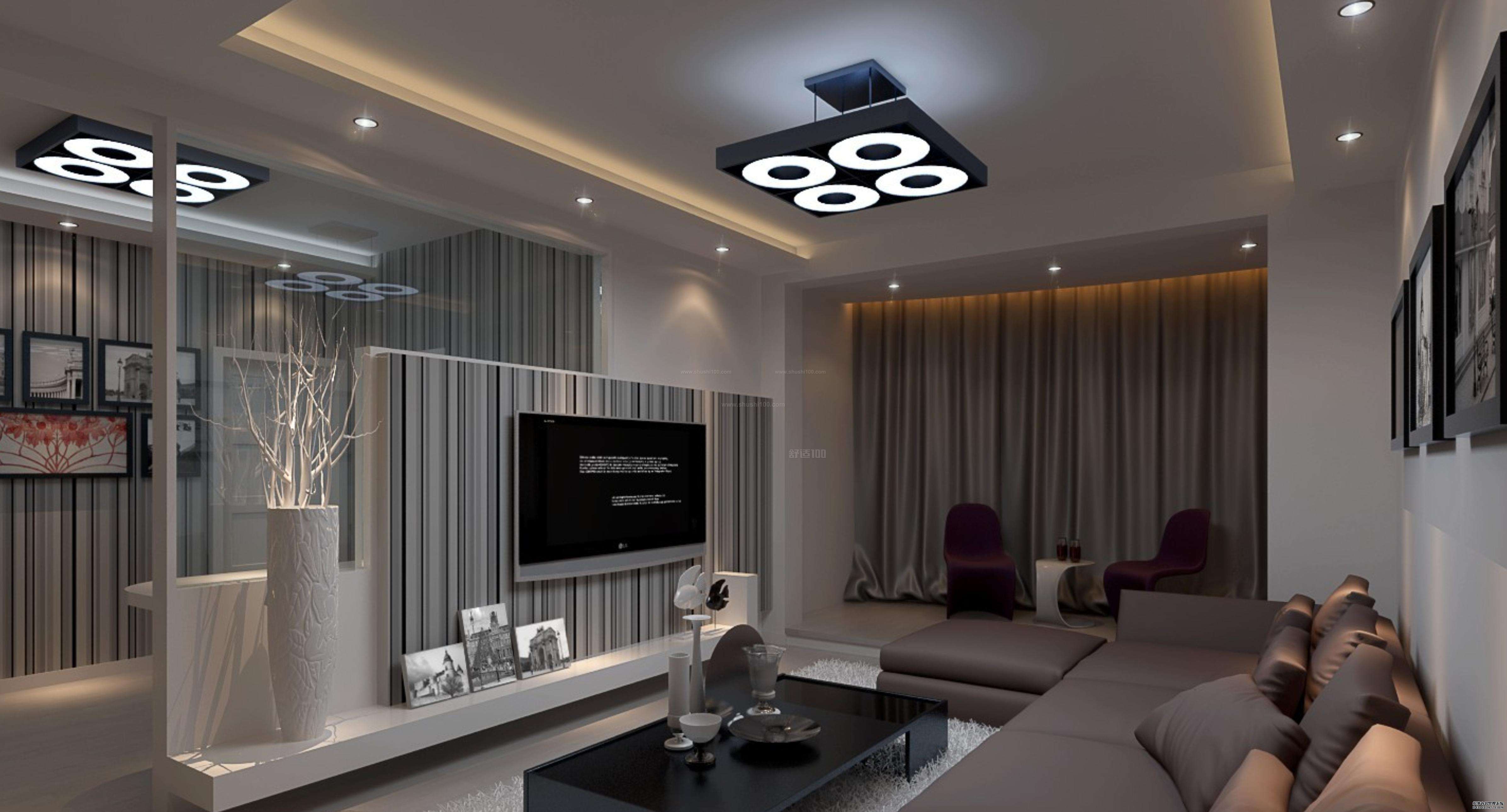The field of smart home furnishings has revived. Abroad, Amazon has launched a series of smart home products that want users to talk to Alexa anytime and anywhere. In China, Suning released 10 smart hardware and BiuOS platform in one go. The number of products is amazing. And mobile phone manufacturers vivo and Lenovo also launched their own smart home products. In a chaotic war, the scene of their respective kings appeared. As a result, whether various products can be interconnected has become the biggest concern of consumers. Experts believe that breaking the fragmented state is a problem that all forces in the smart home need to face together.

On September 25, Yunmi was listed on NASDAQ. It is the second listed company in the Xiaomi ecological chain, and its main business is smart home. On the same day, Suning Smart Terminal Company "Suning Jiwu" released Suning Biu smart speakers, smart alarm clocks, Suning Jiwu series of smart mirrors, smart security kits, smart smoke stoves, smart new fans, and smart Clothes dryer, smart cloud lock, and PPTV new generation laser TV, QLED TV and other 10 smart hardware products.
Just a few days ago, the international e-commerce giant Amazon held a new product launch event at its Seattle headquarters, officially upgraded its voice assistant Alexa and smart speaker Echo product lines, and launched a series of hardware connected to Alexa. In addition to microwave ovens, it also released new products. Echo Show, Echo Plus, Amazon Smart Plug, Echo Input, car gadgets, amplifiers, subwoofers, wall clocks and a series of other Alexa-equipped accessories.
In China, vivo officially launched the IoT product "Jovi Internet of Things" application to provide smart home product service entrance to the IoT Open Ecological Alliance established in July; Lenovo released a variety of SIoT devices, Lenovo said that it will provide users with smart security, A comprehensive solution for smart home, smart entertainment and smart learning. For a time, the smart home battlefield was filled with smoke.
Quartet forces compete for 100 billion marketThe latest "IDC China Smart Home Equipment Market Quarterly Tracking Report" shows that the smart home market is expected to reach 150 million units in 2018, a year-on-year increase of 35.7%. According to the forecast of the Foresight Industry Research Institute, China's smart home market will reach 180 billion yuan in 2018 and 357.6 billion in 2020. The global smart home market, in 2021, its scale will be more than 500 billion.
The reasons for the high growth of the global smart home market are the popularization of smart phones and the rapid development of Internet of Things technology in recent years, and the decrease in production costs. In addition, the maturity of artificial intelligence technology has also promoted the explosion of the smart home market to a certain extent.
At present, the smart home industry is mainly divided into Internet companies, terminal manufacturers, operators and video websites. Among them, representatives of Internet companies include BAT, JD.com, Xiaomi, and 360. The main layout areas are hardware, software, services and content. Specific products include smart TVs, smart boxes, smart routers, portable WiFi, etc. The profit model is generally hardware sales , Data capture, backward traffic operation, creation of portals, additional services, etc.; the representative companies of terminal manufacturers are Haier, Midea, Gree, and the main layout areas are hardware. Specific products include smart TVs, smart home appliances, etc., and hardware sales are the main Profit model; Operators, namely China Mobile, Telecom, and China Unicom. The main layout areas are hardware sales, software and content. Specific products include smart applications, smart routers, etc. The profit model is basically the service fees brought by content; video site representatives Companies such as LeTV, iQiyi, etc., are mainly deployed in smart hardware and content. Specific products are generally smart TVs and TV boxes. The profit model is generally hardware sales and collection of service fees through content.
The situation needs to be changedAccording to industry insiders, smart home brands are fighting each other, products cannot achieve cross-brand interconnection, poor practicability, and price systems are chaotic, which are still headaches for smart home users.
Although the smart home ecosystems of manufacturers such as Xiaomi and Amazon have been perfected, for example, Xiaomi has launched corresponding products for every scene in the home. The same is true for Amazon. Amazon allows users to use their own brand in any scenario. Just as foreign giants such as Google are benchmarking against Amazon, so does the new domestic giant Suning, whose goals are also aimed at the smart hardware ecosystem. Therefore, when Suning released the top ten hardware products, it also released the smart brain BiuOS, announced the open smart module, OS system and IOT standard agreement, and established Suning Smart Biu+ Ecological Alliance Exhibition with industry partners.
Experts say that the vision of "Internet of Everything" in the Internet of Things should not be shattered by the reality of "divide and conquer".
Not moving forward, vivo announced the vivo IoT strategy and IoT software product Jovi IoT. Vivo stated that they hope to form a "standard that everyone abides by." It should be said that "unified standards" are not only good for vivo, but also promote the free choice of the entire industry and consumers. But experts also said that standardization is not easy. Because everyone wants to get more market pie, everyone wants to establish standards based on themselves. Therefore, the fundamental solution needs to start from the legal and policy levels, and more national standards are required.
Stainless Steel Thick Plate,Stainless Steel Escutcheon Plate,Cold-Rolled Stainless Steel Sheets,Stainless Steel Thick Plate 304
ShenZhen Haofa Metal Precision Parts Technology Co., Ltd. , https://www.haofametal.com
